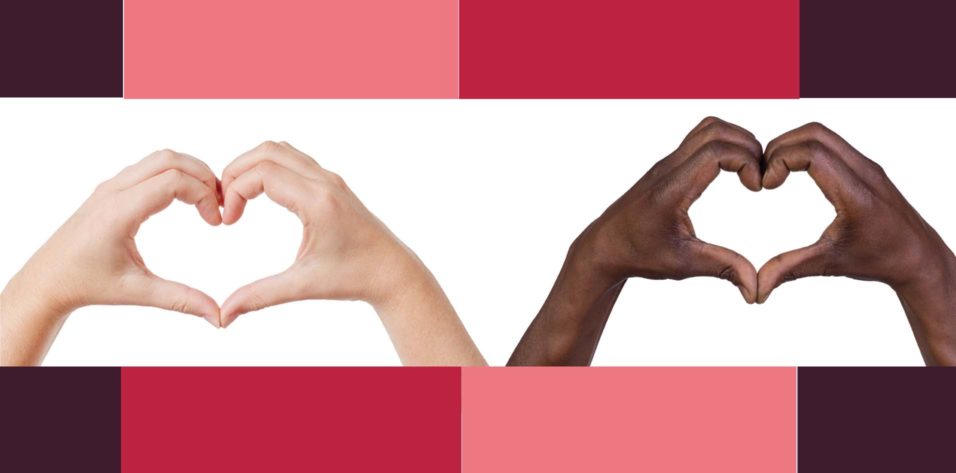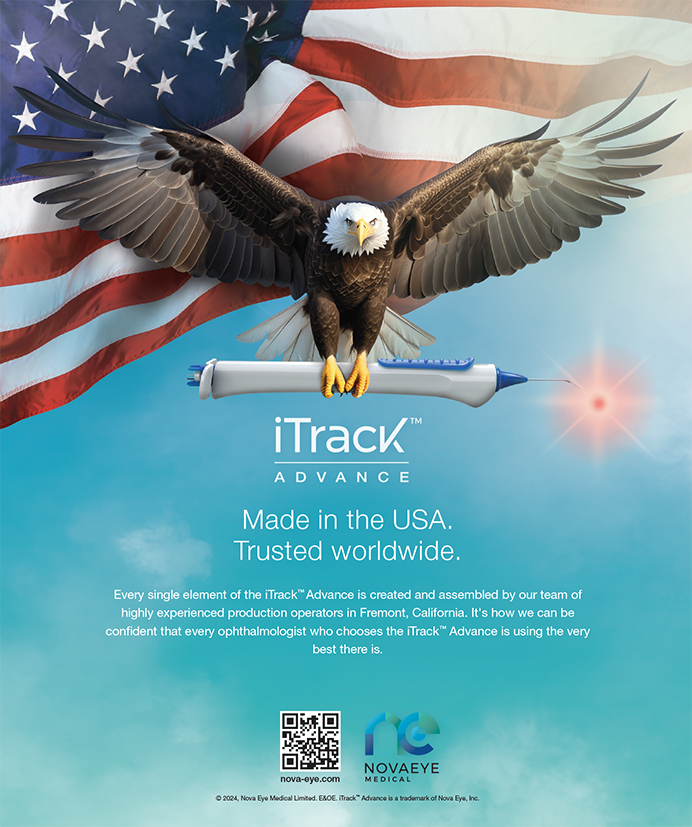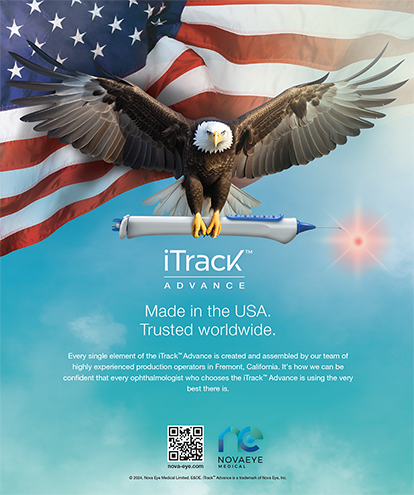
In 1989, I relocated my ophthalmology practice to Venice, Florida. Even as a young doctor, I felt it was important to become a part of and support my local community. It wasn’t long before an opportunity arose that allowed me to use my ophthalmology experience to help others: I was introduced to Lions Clubs International and joined my local chapter.
A BRIEF HISTORY
A Chicago business leader, Melvin Jones, enlisted the help of other US businesspeople and founded the Association of Lions Clubs in 1917 with the purpose of improving their communities and the world. The organization became international in 1920 when a chapter opened in Windsor, Canada. Today, Lions Clubs International has 1.4 million members in more than 200 countries. It is the largest service club in the world.
At the Lions Clubs’ international convention in 1925, Helen Keller addressed members and charged them with becoming “knights of the blind in the crusade against darkness.”1 The Lions accepted her challenge and have worked ever since on programs aimed at preventing blindness.
The Venice Lions Club was chartered in 1947. In 1985, a local philanthropist made a bequest in trust to support eye care for needy people in the community. The Lions Vision Program in our community was started in 1987 with the help of a few volunteer ophthalmologists, the Venice Hospital, and the members of the local Lions Clubs.
BECOMING A MEMBER
Upon joining the Venice Lions Club, I began working with other ophthalmologists at monthly vision screenings. During the screenings, we screen individuals for glaucoma, cataracts, refractive error, dry eye disease, diabetic retinopathy, and their need for ocular surgery. Treatment and surgery are performed at no charge to the patient through a partnership between the ophthalmologists, outpatient facility, and anesthesiologists who have agreed to accept a reduced fee from the Lions Vision Program.
In 1993, plans for a new health park in Venice were finalized, and the local Lions Clubs donated $1 million toward the building of an outpatient surgery center and community room. In 1994, I participated in the first vision screening clinic held at the outpatient surgery center. I am the only member of the Venice Lions Club who is an ophthalmologist, and I became the chapter’s first female president. I have received two Melvin Jones Fellowship awards from the Venice Lions Club; these awards recognize members who have rendered outstanding service to the community. In the 33 years I have been involved in the Lions Vision Program, I have provided services to approximately 3,000 residents.
A CASE IN POINT
My membership in the Venice Lions Club has been a rewarding experience. The vision program provides eye care services to people who might otherwise never receive this care because of their financial circumstances. One such individual became my patient (Figure 1).
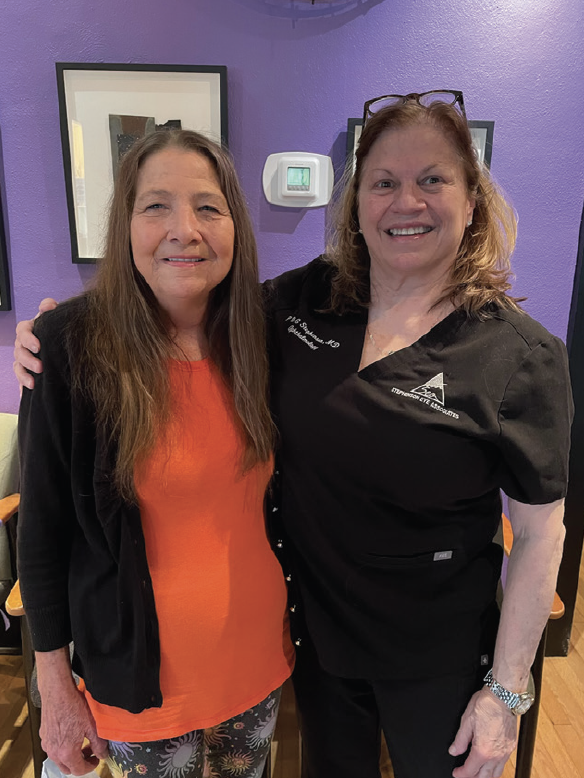
Figure 1. Dr. Stephenson with her patient at a follow-up appointment.
A hardworking, visually impaired, 57-year-old resident of Venice heard about the Lions Vision Program from a friend. The patient worked as a server at a local restaurant and as a housekeeper. She had not had an eye exam in more than 5 years because she lacked the insurance coverage and the money to pay for it. She was unable to drive because of her visual impairment and relied on friends for transportation.
Upon presentation in September 2019, the patient’s BCVA was 20/400 OD and light perception OS. Her spectacle prescription was -6.00 D of sphere OD and -5.00 D of sphere OS (Figure 2). On examination, she was able to count fingers at 2 inches with her left eye.
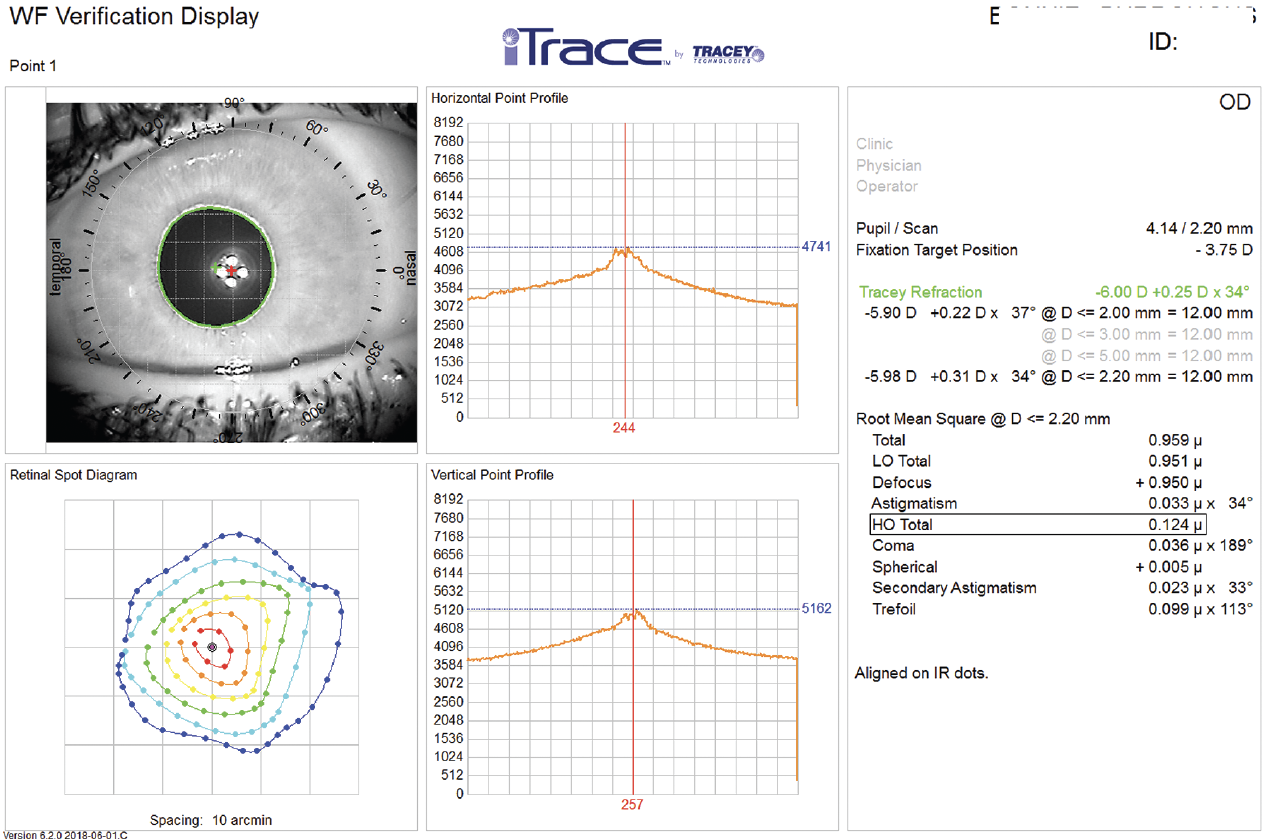
Figure 2. Preoperative iTrace (Tracey Technologies) images of the right eye; images of the left eye could not be obtained due to a hypermature cataract.
The patient underwent laser cataract surgery and the implantation of a SofPort AO IOL (model L161AO, Bausch + Lomb) in each eye, with the procedures performed 1 week apart. Her postoperative recovery was uneventful. Six weeks after surgery, her UCVA was 20/20 OU, and she required only reading glasses (Figure 3).
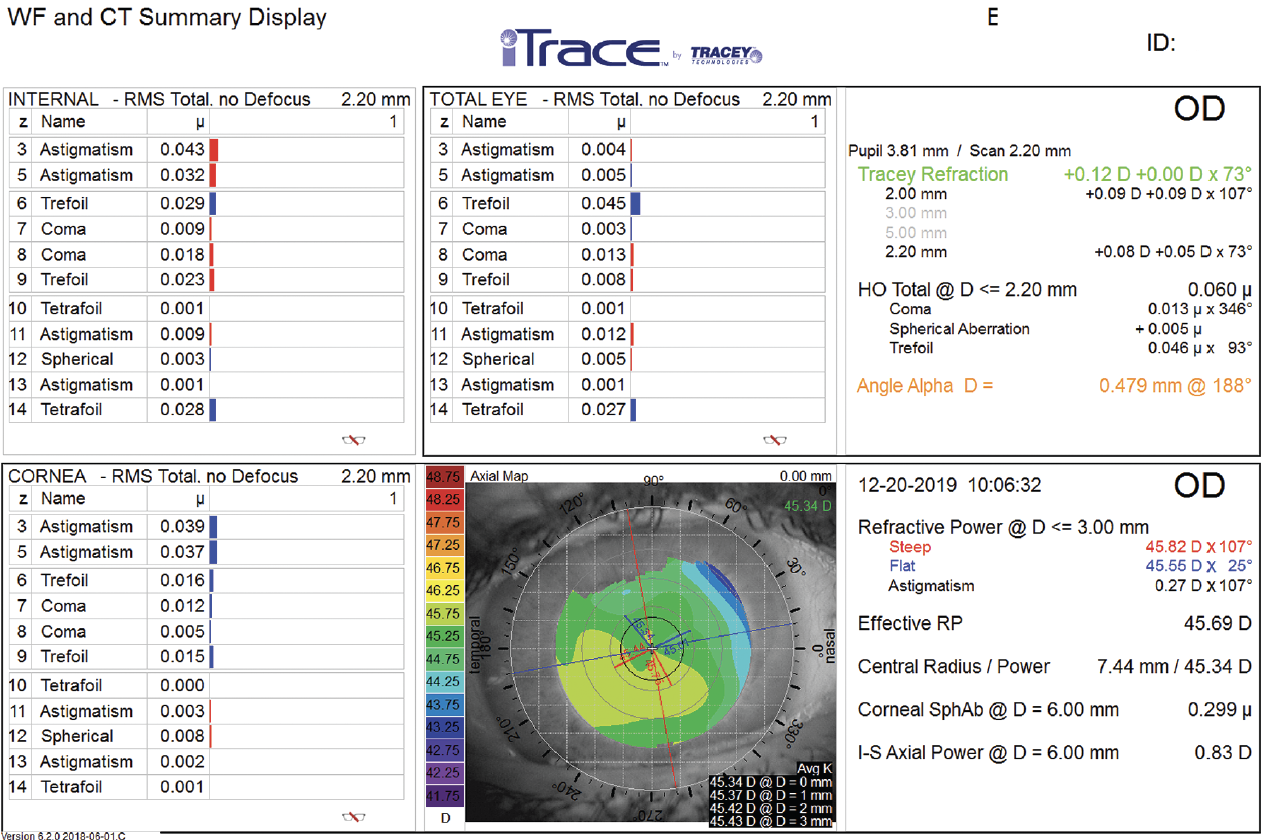
Figure 3. Six weeks after surgery, the patient’s uncorrected distance visual acuity was 20/20.
The patient has told me many times that she would probably be blind today without the help she received. She says that cataract surgery has not only helped her with her daily life but has also allowed her to excel at her jobs. She is now able to notice small details that she was never able to see before.
CONCLUSION
Return on investment is a major topic in today’s business world. I think another ROI is important as well—the return on involvement. By becoming a Lion, I have been able to do what I love—practice ophthalmology—and make a difference in people’s lives. Giving back to my community is good for my health and my practice.
1. Our timeline. Lions Clubs International. Accessed February 3, 2022. http://lions100.lionsclubs.org/print/EN/about/timeline.php

